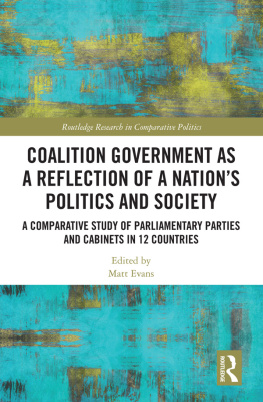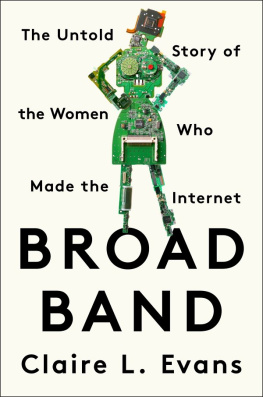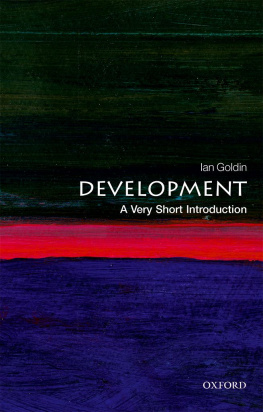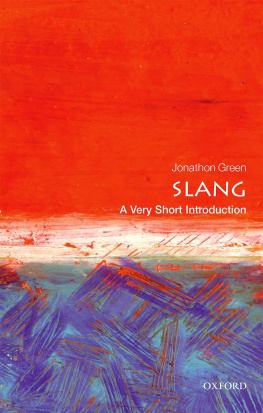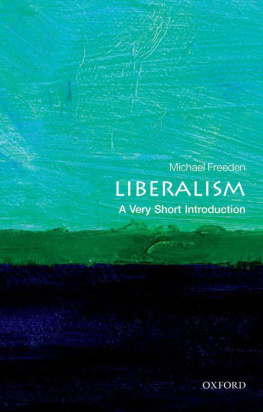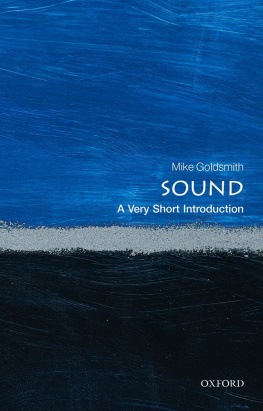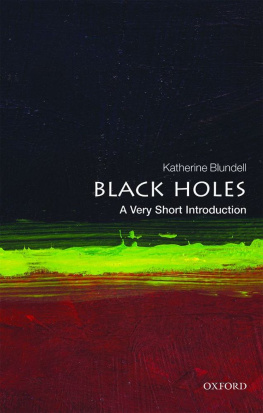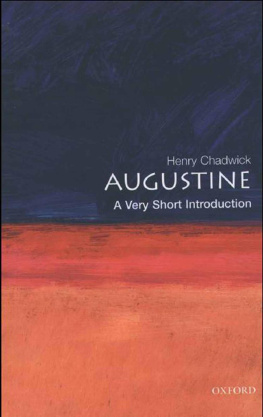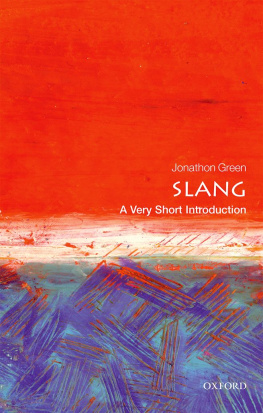Dylan Evans
EMOTION
A Very Short Introduction


Great Clarendon Street, Oxford OX2 6DP
Oxford University Press is a department of the University of Oxford.
It furthers the Universitys objective of excellence in research, scholarship, and education by publishing worldwide in
Oxford New York
Auckland Bangkok Buenos Aires Cape Town Chennai Dar es Salaam Delhi Hong Kong Istanbul Karachi Kolkata Kuala Lumpur Madrid Melbourne Mexico City Mumbai Nairobi So Paulo Shanghai Taipei Tokyo Toronto
Oxford is a registered trade mark of Oxford University Press in the UK and in certain other countries
Published in the United States by Oxford University Press Inc., New York
Dylan Evans 2001
The moral rights of the author have been asserted
Database right Oxford University Press (maker)
First published 2001
First published as a Very Short Introduction 2003
All rights reserved. No part of this publication may be reproduced, stored in a retrieval system, or transmitted, in any form or by any means, without the prior permission in writing of Oxford University Press, or as expressly permitted by law, or under terms agreed with the appropriate reprographics rights organizations. Enquiries concerning reproduction outside the scope of the above should be sent to the Rights Department, Oxford University Press, at the address above
You must not circulate this book in any other binding or cover and you must impose this same condition on any acquirer
British Library Cataloguing in Publication Data
Data available
Library of Congress Cataloging in Publication Data
Data available
ISBN: 13 9780192804617
ISBN: 10 0192804618
3 5 7 9 10 8 6 4
Typeset by RefineCatch Ltd, Bungay, Suffolk
Printed in Great Britain by
TJ International Ltd., Padstow, Cornwall
To Em, my Tygress, my one and only true love
Acknowledgements
Thanks are due to my editor at Oxford University Press, Shelley Cox, and my agent, Louise Greenberg, for their publishing expertise. Shelley and Louise also read various versions of the book and gave me useful suggestions for improvement. Four anonymous readers commissioned by Oxford University Press made helpful suggestions at the proposal stage.
The following people shared ideas and gave me useful feedback on various things I have written about emotion in the past few years: Rosalind Arden, Helena Cronin, Oliver Curry, Paul Ekman, Romay Garcia, Paul Griffiths, Nicholas Humphrey, Jenny Hunter, Geoffrey Miller, Randolph Nesse, Keith Oatley, David Papineau, Robert Plomin, Jeremy Safran, Dan Sperber, Lewis Wolpert, John Worrall, and all the people at the Darwin@LSE Work-in-Progress group. Paul Hilder checked the entire book with his usual eagle-eyed attention to detail. James Ottaway provided some useful references on the effects of winning the lottery. Anna Maconochie told me the story of Johnny Ace, and Tom Polseno gave me the idea of using Commander Data to illustrate moral law theory. My mother, Jeannie Benjamin, rooted out some nice quotations for me to use, and my father Ken Evans sent me a useful anthology of essays. Thanks to Chris Redston for sharing his views on happiness, and to my sister Charlotte for her unstinting support.
Finally, thanks to Em, whose nobility of sentiment has restored my faith in the human capacity for transcendence.
Preface
The philosophers of the Enlightenment were fascinated by the emotions. David Hume, Adam Smith, and Thomas Reid all wrote at length about the sentiments and the passions. These thinkers believed that emotions were vital to individual and social existence. Smith did not just found the dismal science (economics); he also helped to pioneer the sentimental science (the psychology of emotion). In his first book, The Theory of Moral Sentiments (1759), he proposed that emotions were the thread that wove together the fabric of society. Like Hume and Reid, Smith did not regard emotion and thought as implacable enemies. For all of these thinkers, it was rational to be emotional, and no science of the mind could be complete without also addressing the heart.
The word sentiment has fallen on hard times. Today, it is hardly used, and its cousin, sentimental, has negative connotations. Two and a half centuries ago, towards the end of the Enlightenment, things were very different. Then, sentiment meant roughly what emotion means today.
The Romantics rejected this view, reviving an older view of emotions as fundamentally at odds with reason. Humans were faced with a stark choice between emotion and reason, and the wise ones chose to follow their hearts rather than their heads. Rousseau argued that reason had led man out of his innocent state of nature into decadence. To return to innocence meant listening to ones feelings rather than consulting logic. The secrets of sentiment were to be unlocked by poetry, not by science.
I have used the word sentiment in the subtitle of this book to signal my sympathy with the Enlightenment view of emotion. Unlike the Romantics, I do not believe that emotions are fundamentally at odds with reason, nor that we should always follow our hearts rather than our heads. Rather, like Adam Smith, I believe that intelligent action results from a harmonious blend of emotion and reason. I believe that a creature without emotions would be less rational than us, not more, but I also believe that there are times when it is better to listen to the head rather than the heart. Knowing when to follow our feelings and when to ignore them is a valuable talent that some have called emotional intelligence.
In this book I argue for a return to the view of emotions as reasons ally, not its enemy. Like Smith and Hume, I believe that the scientific study of emotion is not only possible, but of great value. This is not because I think we can ever reduce emotional experience to a dry formula. However, thinking more clearly about emotion need not be opposed to feeling more deeply. It is my hope that knowing more about how emotions work can help us to lead richer lives, not poorer. At the very least, it can be exciting to learn about the recent scientific advances in our understanding of these mysterious phenomena.
Scientific interest in the emotions underwent something of a renaissance in the 1990s. For much of the twentieth century, research in the emotions was confined to a few psychologists and even fewer anthropologists. At the dawn of the twenty-first century, however, things are rather different. Emotion is now a hot topic. Anthropologists have begun to question their previous views on the cultural relativity of emotional experience. Cognitive psychologists have abandoned their exclusive focus on reasoning, perception, and memory, and are rediscovering the importance of affective processes. Neuroscientists and researchers in artificial intelligence have also joined the debate, contributing further pieces to the jigsaw. This book attempts to step back and put some of these pieces together.
Needless to say, a short book like this cannot hope to cover all aspects of such a complex area. I have had to leave some very interesting areas of emotion research to one side. The reader will not find, for example, a discussion of how emotions develop in children, although this too is a burgeoning area of study. Nor is there any mention of the growing literature on individual differences in emotional experience. My choice of topics reflects my own idiosyncratic interests and my guesses about what will prove most interesting to you.
Next page




